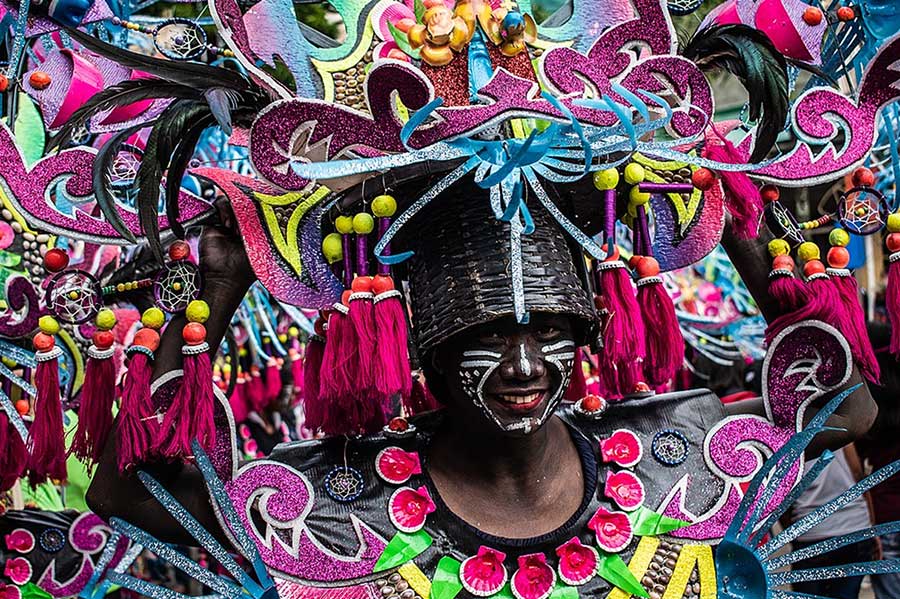
By John Noel E. Herrera
After being halted by the coronavirus disease 2019 (COVID-19) pandemic for two years, Kalibo’s grandest festival, Ati-Atihan, is also set to return to its physical celebrations in January 2023.
“Ro pagbalik it ginakahidlawan ag ginahueat-hueat nga pinakamasadya nga Festival sa bilog nga Pilipinas. Atong dungan nga i-selebrar ro ginakabig nga Mother of All Philippine Festivals,” Kalibo Mayor Juris Bautista Sucro said on his Facebook account.
Preparations are also now underway as they announce the return of all street events for next year’s celebration, like “Sadsad” (street dancing) and Ati-Atihan bazaar.
A special body will be spearheading the staging of what is considered to be the country’s mother of all festivals, as the organizing team promised a bigger and exciting Ati-Atihan comeback.
The newly-formed Kalibo Ati-Atihan Festival Board (KAFEB) will be the one in charge of developing, managing, and organizing the entire festival, including its opening salvo on Oct 8, 2022.
Some events for its opening salvo include a mass wedding, sadsad sa kalye (street dancing), the opening of the food court, and a fireworks display.
Celebrities like Bianca Umali, Sean Oquendo, and Kean Cipriano will also grace the celebration to entertain the locals and tourists as well.
Sucro, who is also the KAFEB chairman, will oversee the KAFEB board which is composed of individuals from the local government unit (LGU) and the private sectors, including the education, religious, business, tourism, cultural, and marketing sectors.
The KAFEB was enacted on Sept 19, 2022 by the Sangguniang Bayan of Kalibo through Municipal Ordinance No. 2022-003.
The ordinance mandated KAFEB to submit the Ati-Atihan Festival’s financial statement within two months after the festival.
The board will also function all year round, conducting regular promotional initiatives and post-event evaluation of the festival.
The name “Ati-Atihan” means “to imitate the Ati”, the local name of the Aeta people, the first settlers of Panay Island and other parts of the archipelago.
The festivity was originally a pagan celebration to commemorate the Barter of Panay, where the Ati accepted gifts from Bornean chieftains called datu, who fled with their families to escape a tyrannical ruler, in exchange for being allowed to dwell in the Ati’s lands, but it was later on give a different meaning by the Church, by celebrating the acceptance of Christianity.
Events during the festival also include religious processions and street parades, showcasing themed floats, and dancing groups that show their culture and faith.




















